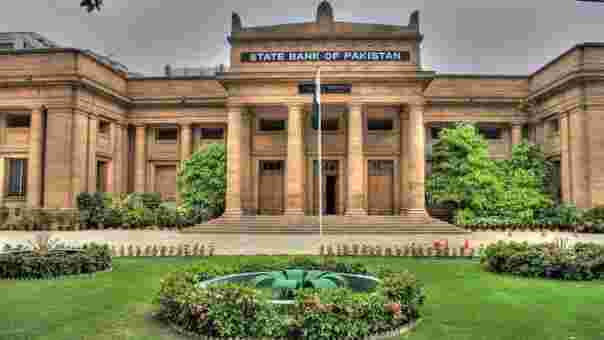Karachi, August 20, 2025 – The State Bank of Pakistan (SBP) has issued a comprehensive advisory identifying red-flag indicators linked with trade-based money laundering (TBML).
The guidance, aimed at banks, financial institutions, and compliance professionals, is designed to strengthen vigilance against suspicious trade transactions that may disguise illicit financial flows.
According to the SBP, TBML has emerged as one of the most widely used channels for laundering illicit funds, exploiting weaknesses in documentation, customs procedures, and the global nature of cross-border trade. By releasing this advisory, the SBP seeks to enhance the capacity of the financial sector to detect, monitor, and report unusual patterns of trade activity that could signal money laundering or terror financing.
Key Red-Flag Indicators
The SBP’s advisory outlines several unusual features in the business structures of trade customers. For instance, companies involved in trade may display overly complex corporate structures involving shell firms or registration in high-risk jurisdictions and tax havens. Some trade customers operate from inappropriate addresses such as residential buildings or post-box addresses with no commercial or industrial space.
Other warning signs include aggressive behavior by customers when asked due diligence questions, lack of online presence or inconsistent websites, or names closely resembling well-known corporations to give a false sense of legitimacy. The SBP also highlighted that trade customers who lack regular payroll transactions, proper tax filings, or sufficient staff numbers inconsistent with their claimed trading volume should be considered high-risk.
In some cases, owners or senior managers of trade businesses may appear to be nominees with little knowledge of operations, suggesting attempts to conceal beneficial ownership. Adverse media reports, such as links to past fraud, money laundering, or tax evasion, further strengthen suspicion. Periods of unexplained dormancy in trading activity, coupled with sudden bursts of transactions, also raise red flags.
Strengthening the Financial System
The SBP emphasized that these red flags do not automatically confirm money laundering but should serve as triggers for enhanced scrutiny. Banks and financial institutions are encouraged to apply robust “Know Your Customer” (KYC) procedures and ensure thorough documentation of trade transactions.
By identifying these red-flag indicators, the SBP aims to safeguard Pakistan’s financial system, promote transparency in cross-border trade, and fulfill international commitments on anti-money laundering (AML) and combating the financing of terrorism (CFT). The guidance is part of SBP’s broader efforts to protect legitimate trade while disrupting channels exploited by criminal networks.
